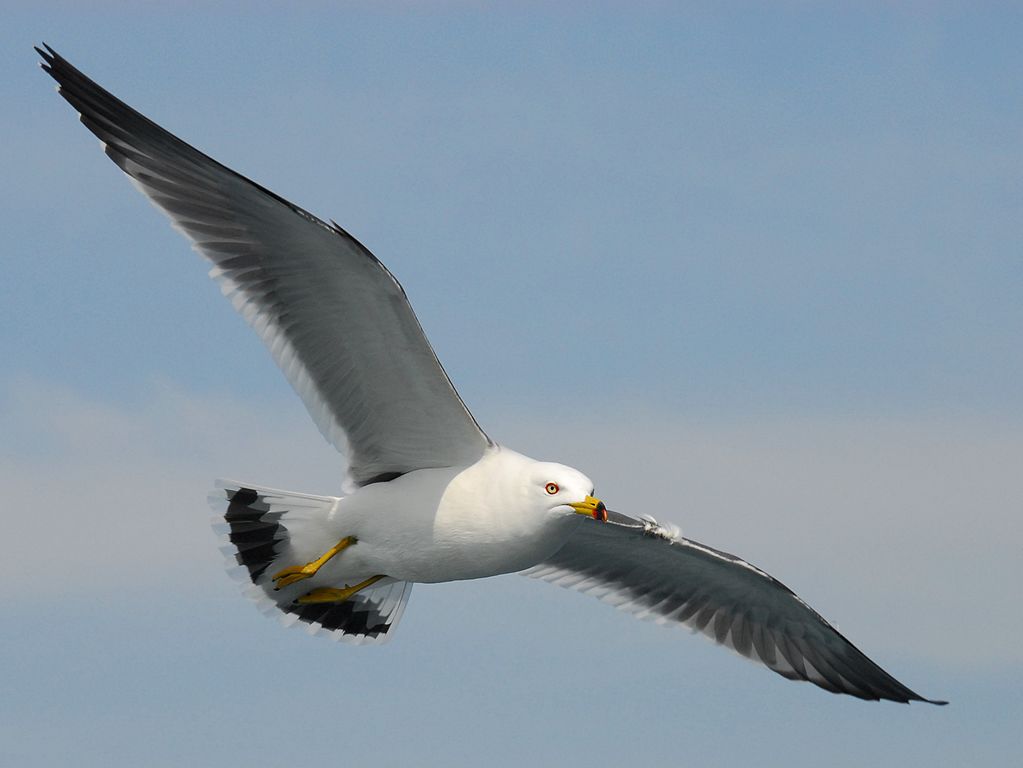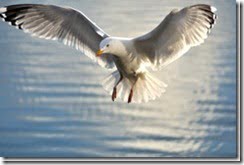
Attaching sensors to animals in order to study their movements and record aspects of their behaviour has become commonplace over recent years. However, because they need to be lightweight, these automated bio-loggers typically have limited battery capacity.
That’s a challenge, particularly when you want to use power-hungry data collection methods like video.
Now, by incorporating Artificial Intelligence (AI) into the bio-loggers, researchers in Japan hope to maximise battery life by only enabling power-hungry sensors (like video) when the AI algorithm detects a particular kind of behaviour.
To put the system to the test a team looking at feeding behaviour in Black-tailed Gulls fitted bio-loggers to birds to record their feeding behaviour. Based on data from a built-in accelerometer, the AI algorithm was programmed to predict when the birds were actively foraging, and only then activate power-hungry GPS and Video sensors.
Initial results testing the new system have been encouraging. Of 27 videos taken without AI enabled, none contained feeding activity and the birds were stationary in 24 of them. Compare that to 185 videos taken with AI enabled, where birds were exhibiting foraging behaviour in 58 videos and were stationary in only 41 of them.
Given the low computational capacity of the AI systems on the lightweight bio-loggers, that 30% success rate represents a huge improvement over non-AI results, and is likely to improve over time as the AI algorithm is refined. Despite its modest scale, the trial has already revealed previously unobserved behaviour of Black-tailed Gulls foraging for insects over the sea.
View the original research paper
Image Credit: Black Tailed Gull, me Bamse [CC BY-SA 3.0 (http://creativecommons.org/licenses/by-sa/3.0/)]









